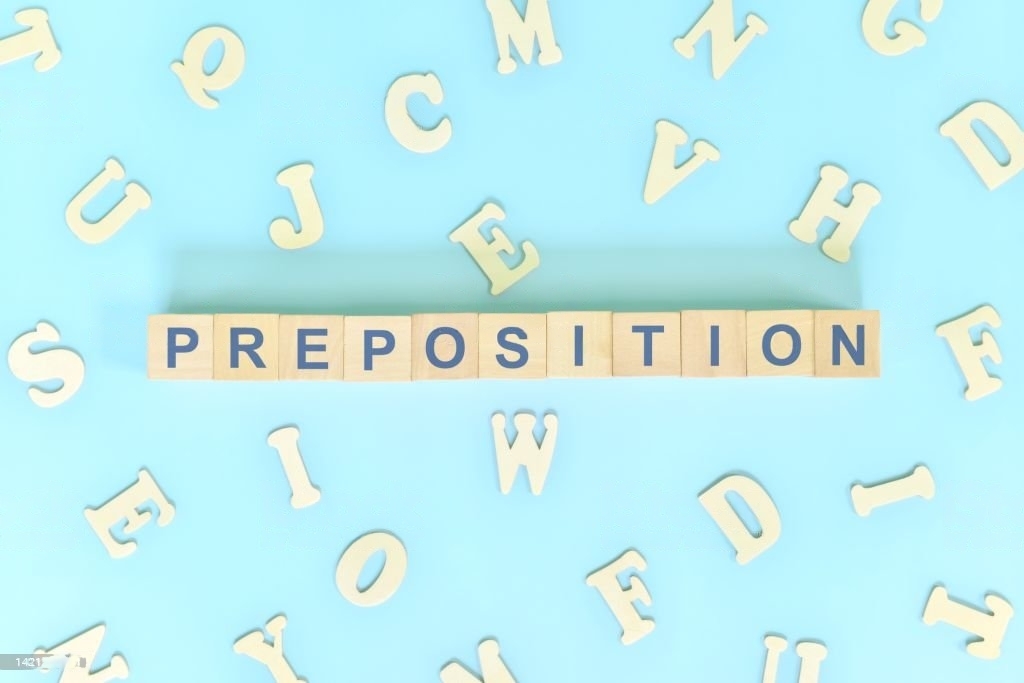The French ‘prépositions de lieux’ (French prepositions of place) help express the location of people, places, or objects. The usage of prepositions depends on the specific geographic location being discussed. Mistakes with these prepositions can happen even for native French speakers. This article aims to simplify French prepositions of place.
Overview of Prepositions of Place
Prepositions of place are an essential part of any language, including French. They help us describe the location or position of someone or something in relation to a specific place or location. In French, there are several prepositions of place that are commonly used, and understanding how to use them correctly is crucial for effective communication.
The four most common French prepositions of place are à, en, au, and aux. Each of these prepositions has its own specific usage and conveys a different idea of being “at,” “in,” or “to” a particular place.
The preposition en is used when talking about being “in” a specific place or location. For instance, “Je suis en France” translates to “I am in France.” Here, en o convey the idea of being inside the country of France.
The preposition au is a contraction of à and le and is used when referring to being “at” or “in” a masculine singular place. For example, “Je suis au parc” means “I am at the park.” In this sentence, au is used because parc is a masculine singular noun.
Lastly, the preposition aux is a contraction of à and les and is used when referring to being “at” or “in” plural places. For instance, “Je vais aux magasins” translates to “I am going to the shops.” In this sentence, aux irepresents “magasins” which is a plural noun for shops.
Definition and Usage
1. “À”:
The preposition au is a contraction of à and le and is used when referring to being “at” or “in” a masculine singular place. For example, “Je suis au parc” means “I am at the park.” In this sentence, au is used because parc is a masculine singular noun.
It generally translates to “to” or “at” in English. It is a versatile preposition used to express both location and direction. Here are some key instances where “à” is used:
a) Location:
– Je suis à la maison. (I am at home.)
– Le chat est à côté de la table. (The cat is next to the table.)
b) Direction:
– Je vais à l’école. (I am going to school.)
– Nous allons à la plage demain. (We are going to the beach tomorrow.)
2. “En”:
The preposition “en” can be translated to “in” or “to” in English and is commonly used to express location. However, it is important to note that “en” is used with feminine countries, regions, and continents. Consider the following examples:
– J’habite en France. (I live in France.)
– Je pars en vacances à Tahiti. (I am going on vacation to Tahiti.)
– La tour Eiffel se trouve en Europe. (The Eiffel Tower is located in Europe.)
3. “Au”:
The preposition “au” is a contraction of “à” (to, at) and “le” (the). It is specifically used when referring to a singular masculine noun or certain masculine countries or regions. Let’s look at some examples:
– Je vais au restaurant ce soir. (I am going to the restaurant tonight.)
– Mon frère habite au Canada. (My brother lives in Canada.)
4. “Aux”:
Similar to “au,” the preposition “aux” is a contraction of “à” (to, at) and “les” (the). It refers to plural nouns or certain countries or regions. Consider the following examples:
– Nous rendons visite aux amis ce week-end. (We are visiting friends this weekend.)
– J’ai acheté des cadeaux aux enfants. (I bought gifts for the children.)
It is essential to understand that while “au” and “aux” indicate a specific place or destination, they are not interchangeable. “Au” is used with singular masculine nouns or specific masculine countries or regions, while “aux” is used with plural nouns or certain countries or regions.
10 General French Prepositions of Place:
Now here are 10 French prepositions of place in general that are simple to learn.
Next, we will examine a compilation of commonly used French prepositions of place.
- À to indicate a location or position.
- “Chez” means “at someone’s home.”
- Dans is a French word that translates to “in” or “inside.”
- The word “derrière” is synonymous with the phrase “behind” or “at the back of.”
- Devant means “in front of.”
- The translation for “en” is “in” or “by”.
- Entre = between
- Sous = under
- The word “sur” translates to “on” or “on top of.”
- Vers = towards
When referring to mode of transport, “à” represents when you are on top of it, while “en” states when you are inside.
- Je vais au travail à velo (I got to work on bike).
- Il se rends au bureau en voiture (He commutes to the office by car)
French prepositions of place can be compound.
Once you have a solid understanding of basic French prepositions of place, you can proceed to more advanced ones. These can prove highly beneficial when providing or seeking directions in French.
- À côté de means “next to.”
- À droite de means “to the right of.”
- Tout droit = straight
- À gauche de means “to the left of.”
- “Au-dessus de” translates to “above” or “higher than.”
- The translation of “au-dessous de” is “below” or “underneath.”
- “À l’extérieur de” means “outside of.”
- The term “À l’intérieur de” translates to “inside of” in English.
- The translation of “en arrière de” is “behind.”
- Autour de = around
- Au milieu de means “in the middle of.”
- En dehors de means “outside of.”
- “En face de” is a French phrase that can be translated as “across from” or “opposite.”
- “Au bord de” translates to “on the edge of.”
- En avant = Onwards
- “Loin de” is a French phrase that means “far from.”
- “Près de” means “close to.”
- “At the bottom of” means “en bas de.
When studying French prepositions, it is helpful to consider them as vocabulary which you can learn to improve your linguistic prowess. Rather than memorizing individual words, it is beneficial to study them in context. One resource that can be helpful is the prepositions de lieux on TV5Monde.
Exercises:
PRACTICE TIME! French Preposition Exercises to hone your skill!
- Le chat se cache ______ dessous du canapé.
- Les enfants jouent ______ jardin.
- Nous allons ______ plage pour nous baigner.
- Mon ami habite ______ Canada.
- Les livres sont rangés ______ étagères.
- Le restaurant est situé ______ coin de la rue.
- Les fleurs sont ______ vase sur la table.
- Je suis ______ train en direction de Paris.
- Les clés sont accrochées ______ porte.
- Les enfants vont ______ parc pour jouer.
- Le chat est perché ______ arbre.
- Nous allons ______ montagnes pour faire du ski.
- Les stylos sont posés ______ bureau.
- Le musée se trouve ______ centre-ville.
- Les oiseaux chantent ______ arbres du parc.
- Je vais ______ cinéma ce soir.
- Les enfants vont ______ école tous les jours.
- La photo est accrochée ______ mur.
- Je suis ______ bureau en train de travailler.
- Nous allons ______ supermarché pour faire les courses.
Answers:
Now, let’s check your answers:
1. sous, 2. dans, 3. à la, 4. au, 5. sur, 6. au, 7. dans, 8, en, 9. à la, 10. au, 11. dans, 12. aux, 13. sur, 14. au, 15. dans, 16. au, 17. à l’, 18. au, 19. au 20. au
How did you do? Practice with these exercises to solidify your understanding of French prepositions of place. Bravo!
You will find the previous post on French Articles here
My Works
P.S. Are French verb conjugations nightmarishly hard for you? Or you are someone who like to learn them and practice to perfect your French? Regardless, I have written this book to help fellow learners own French conjugations like a boss!

Here I have:
- Curated a list of 100 most common French verbs with their English meanings
- 10 conjugation forms for each verb
- 200 exercises for you to practice the conjugations you will learn
- 100 beautiful French idioms to impress your crowd.
I really hope you find this book useful and use it whenever you have to quickly revise a bit of verb conjugations

A French Bullet Agenda to help you continue your passion of the language!
I have also created a bilingual bullet agenda to help you with your linguistic journey:). You will be able to jot down:
- Important events
- Monthly weekly objectives
- Practice gratitude
- Your thoughts and priorities
- And even practice French verb conjugations 🙂
Below is a glimpse of the journal interior. I really hope it helps you in your day-to-day life from both the language and personal perspectives! 🙂








Pingback: French Active and Passive Voices-THE ULTIMATE Guide - Speak French like a French!